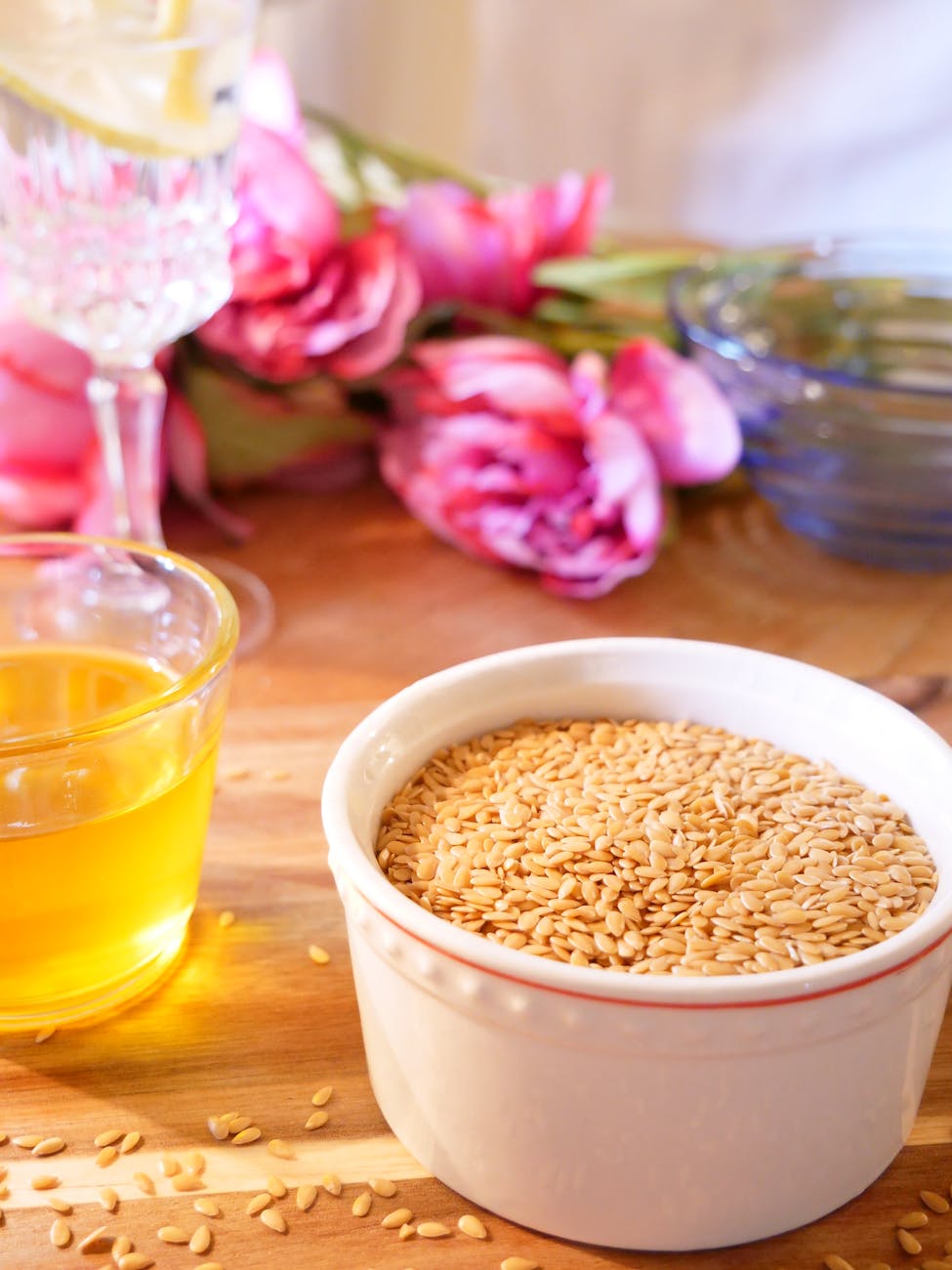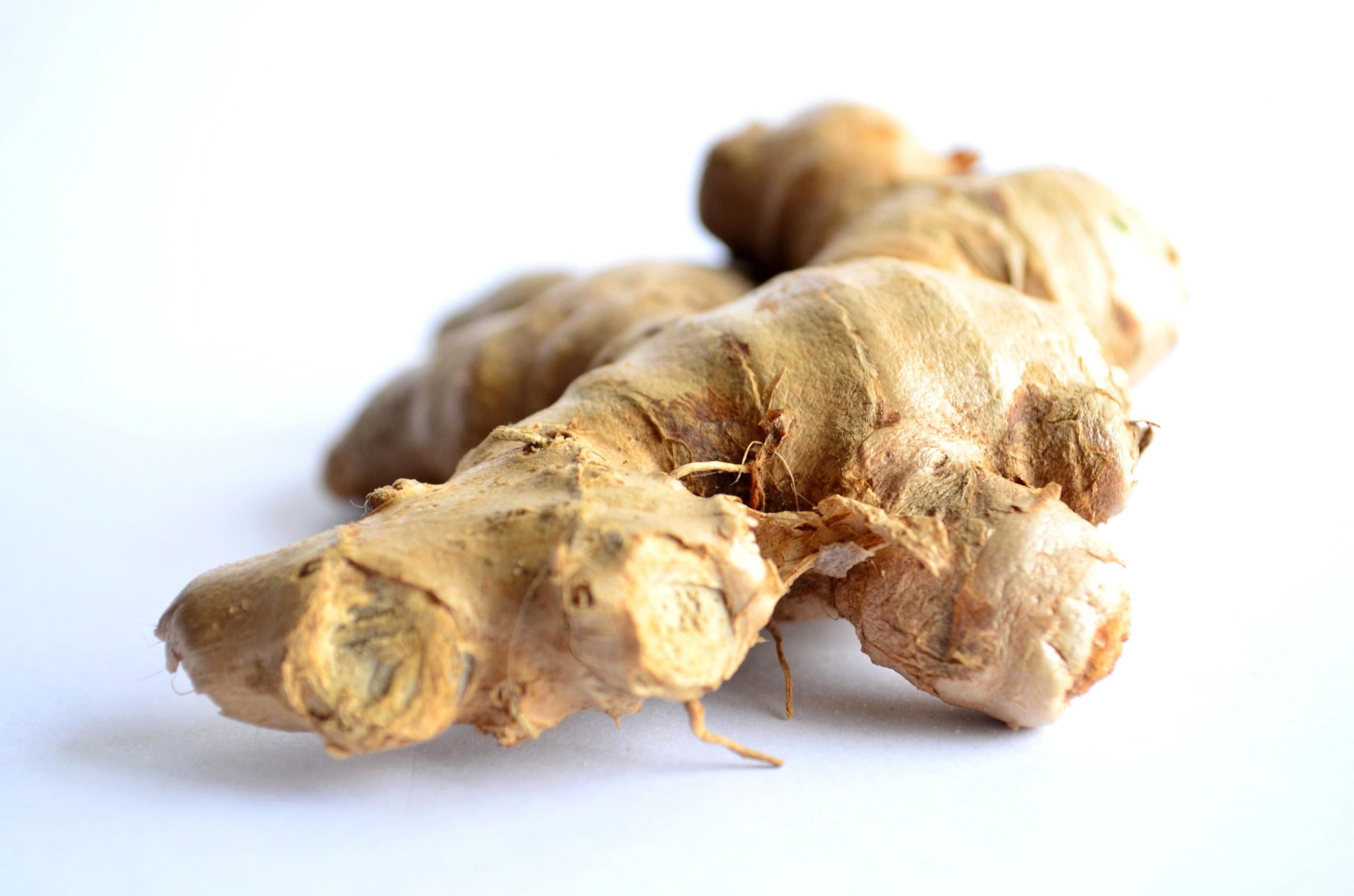
Introduction 🚀
Sesame seeds, derived from the sesame plant (Sesamum indicum), have a rich history of culinary and medicinal use. They are now gaining recognition for their potential benefits in weight loss. In this comprehensive and detailed blog post, we will delve deeper into the nutritional value of sesame seeds, explore their potential impact on weight management, discuss different cooking methods to unlock their benefits, and provide practical tips on incorporating sesame seeds into a healthy diet for effective weight loss.
The Nutritional Value of Sesame Seeds 🌱⚖️
Sesame seeds are small, yet they are packed with essential nutrients that can support weight loss:
- Protein: Sesame seeds are a plant-based source of protein, making them an excellent addition to a weight loss diet. Protein helps promote satiety, aids in muscle repair and growth, and contributes to a balanced and satisfying meal.
- Healthy Fats: Sesame seeds are rich in healthy fats, including monounsaturated and polyunsaturated fats. These fats are beneficial for heart health, provide a source of energy, and contribute to the feeling of fullness after a meal, which can help control calorie intake.
- Dietary Fiber: Sesame seeds are a good source of dietary fiber, both soluble and insoluble. Fiber plays a crucial role in weight management by promoting feelings of fullness, aiding in digestion, and supporting regular bowel movements.
- Vitamins and Minerals: Sesame seeds contain a variety of vitamins and minerals, including calcium, iron, magnesium, phosphorus, and vitamin E. These nutrients are important for overall health and well-being and play a role in various bodily functions.
The Potential Impact of Sesame Seeds on Weight Loss ⚖️🌱
- Satiety and Reduced Calorie Intake: The combination of protein, healthy fats, and fiber in sesame seeds helps increase satiety, keeping you feeling full for longer and reducing the likelihood of overeating. This can contribute to a calorie deficit and support weight loss efforts.
- Metabolism Support: Sesame seeds contain nutrients that support a healthy metabolism, such as magnesium and vitamin B6. A well-functioning metabolism can help optimize calorie burning and promote weight management.
- Blood Sugar Regulation: The fiber and healthy fats in sesame seeds help slow down the absorption of carbohydrates, leading to better blood sugar control. Stable blood sugar levels can reduce cravings, prevent energy crashes, and support weight loss goals.
- Nutrient Density: Sesame seeds are nutrient-dense, meaning they provide a significant amount of vitamins, minerals, and beneficial compounds relative to their calorie content. By incorporating sesame seeds into your diet, you can enhance the nutritional value of your meals while managing your weight.
Cooking Methods to Unlock Sesame Seed Benefits 🍽️🔥
To maximize the benefits of sesame seeds in your weight loss journey, consider these cooking methods:
- Toasting: Toasting sesame seeds enhances their flavor and adds a delightful crunch. Heat a dry skillet over medium heat, add the sesame seeds, and toast them, stirring frequently, until golden brown and fragrant. Toasted sesame seeds can be sprinkled on salads, stir-fries, or added to homemade granola for an extra nutritional boost.
- Ground Sesame Seeds (Tahini): Ground sesame seeds, also known as tahini, can be used as a versatile ingredient in various recipes. Tahini adds richness and creaminess to dressings, dips, and sauces. It can also be used as a base for homemade hummus or drizzled over roasted vegetables for added flavor.
- Sesame Seed Seasoning: Incorporate sesame seeds into your cooking by using them as a flavorful seasoning. Sprinkle toasted or untoasted sesame seeds on top of roasted vegetables, grilled meats, or Asian-inspired dishes for a nutty taste and added texture.
- Sesame Oil: Another way to incorporate sesame seeds is by using sesame oil in your cooking. A small amount of sesame oil can add depth and richness to stir-fries, marinades, and salad dressings, enhancing the overall flavor profile of your meals.
Incorporating Sesame Seeds into a Healthy Diet 🥗💡
Here are some tips for incorporating sesame seeds into your weight loss journey:
- Moderation and Portion Control: While sesame seeds are nutritious, they are calorie-dense. Practice portion control and use them as a condiment or garnish rather than consuming large quantities. Aim for about one to two tablespoons of sesame seeds per serving.
- Meal Enhancement: Sprinkle sesame seeds on top of salads, soups, stir-fries, or grain bowls to add a nutty flavor and extra crunch. They can also be used as a topping for yogurt, smoothies, or mixed into homemade energy balls for a nutrient-packed snack.
- Homemade Dressings and Sauces: Incorporate sesame seeds into homemade dressings, sauces, or marinades for a unique flavor profile. Combine tahini with lemon juice, garlic, and a touch of water to create a creamy and nutritious dressing for salads or roasted vegetables.
- Pairing with Other Nutritious Foods: Combine sesame seeds with other nutrient-rich foods, such as vegetables, whole grains, lean proteins, and healthy fats, to create balanced and satisfying meals that support your weight loss goals.
Conclusion 🏁
Sesame seeds offer a range of nutritional benefits that can support weight loss efforts. With their protein, healthy fats, fiber, vitamins, and minerals, sesame seeds contribute to satiety, metabolism support, and blood sugar regulation. Incorporating sesame seeds into a healthy diet through various cooking methods allows you to enjoy their unique flavor and nutritional advantages. Remember to practice moderation, portion control, and pair sesame seeds with other nutritious foods for a well-rounded and effective weight loss journey.
Disclaimer: This blog post is intended for informational purposes only and should not replace professional medical advice. Consult with a healthcare professional or registered dietitian for personalized dietary recommendations.










